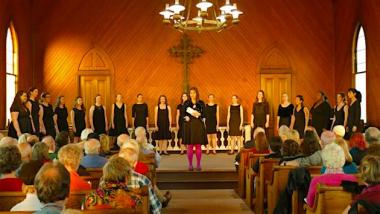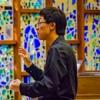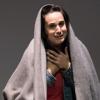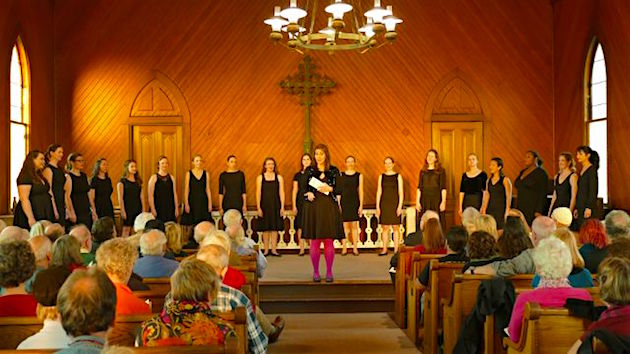
Musae, a San Francisco-based women’s choir, is named after the nine muses of Greek mythology, daughters of Mnemosyne and Zeus. Now in its 14th year, Musae is not simply a performance ensemble, but functions as a “musical collective,” in which each singer acts as a leader and soloist. Each singer may sing a range of voice parts, and the group performs usually without conductor.
Musae’s next concerts, on May 5 (St. Mark’s Lutheran Church) and May 6 (Old St. Hilary’s Landmark, Tiburon), under the title of “Prophetic Voices,” is exploring how the female voice, both in text and music, has helped to shape the world.
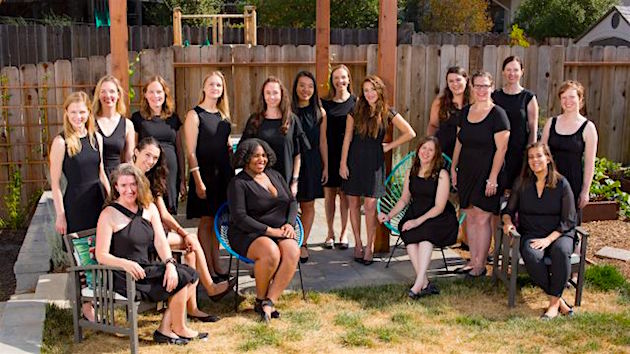
The program’s highlight is the premiere of a commissioned work by Musae’s composer-in-residence, Eric Tuan, dealing with prophetic voices of women of various traditions throughout history. Tuan, music minister of the Los Altos Christ Episcopal Church, says of his A Great Cloud of Witnesses:
Although women have played central roles in every religious tradition, too often their voices have been marginalized from scriptures and faith communities dominated by men. I had recently been reading a great deal of Christian theology and poetry as part of my own faith journey and was particularly captivated by female mystics of the medieval period such as Hildegard of Bingen, Mechthild of Magdeburg, Julian of Norwich.
While these extraordinary women drew deeply from the language and traditions of their faith community, they also sought to expand its circle of empathy to encompass their own voices, their own experiences, their own encounters with the sacred.
A Great Cloud of Witnesses opens with text from the Gnostic Gospels, a set of early Christian scriptures not included in the biblical canon. San Francisco Opera premiered a work based on these controversial scriptures, Mark Adamo’s The Gospel of Mary Magdalene and John Adams’s recent The Gospel According to the Other Mary also uses some of the same sources.
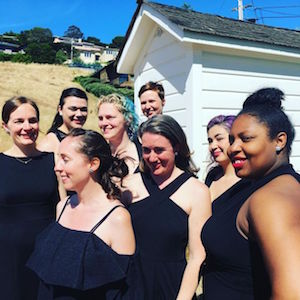
But Tuan’s work expands beyond the controversy both in time (drawing on the traditions of pre-Christian Isis worship) and geography (to Sumangalamatha, one of the earliest female followers of the Buddha).
“Set amidst chiming handbells and serene ostinati,” Tuan says of this part of the composition, “the speaker rejoices in the freedom of liberation, both from her callous husband and from the sting of earthly attachments.”
In addition to the commissioned work, the concerts feature selections from Kirke Mechem’s The Winged Joy, Libby Larsen’s The Womanly Song of God, and other pieces celebrating women’s voices.

